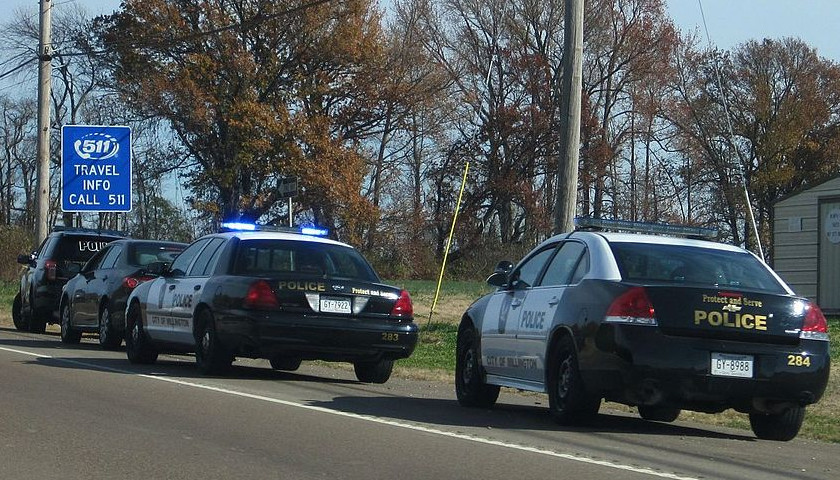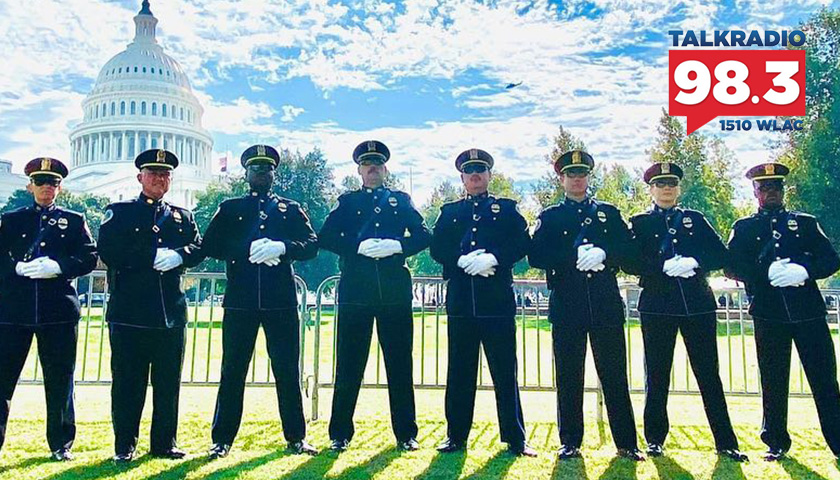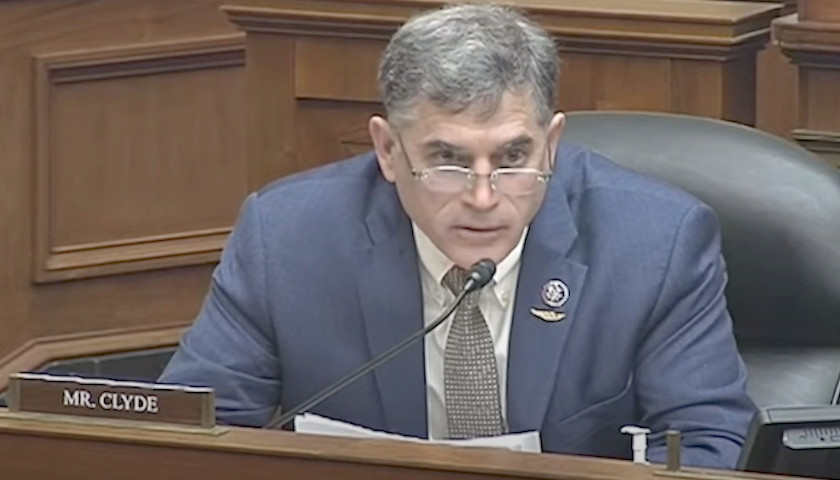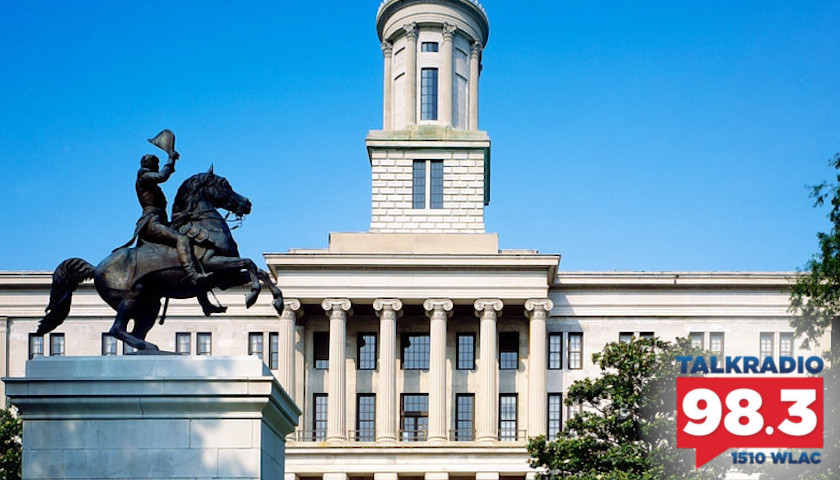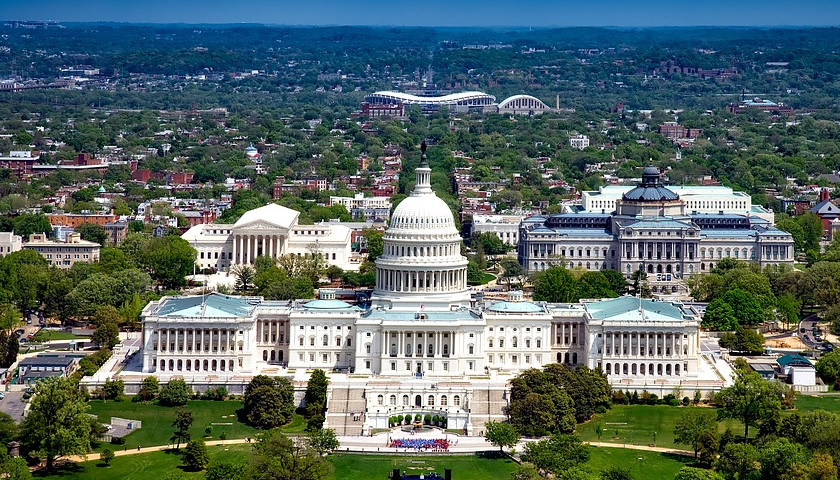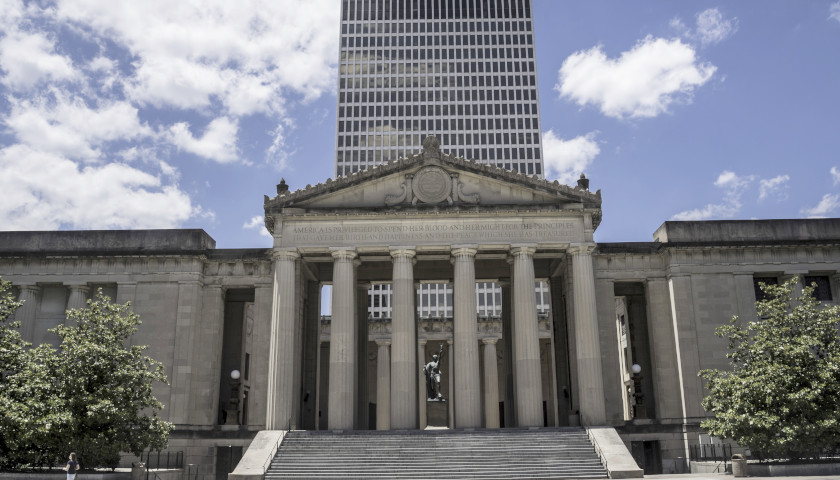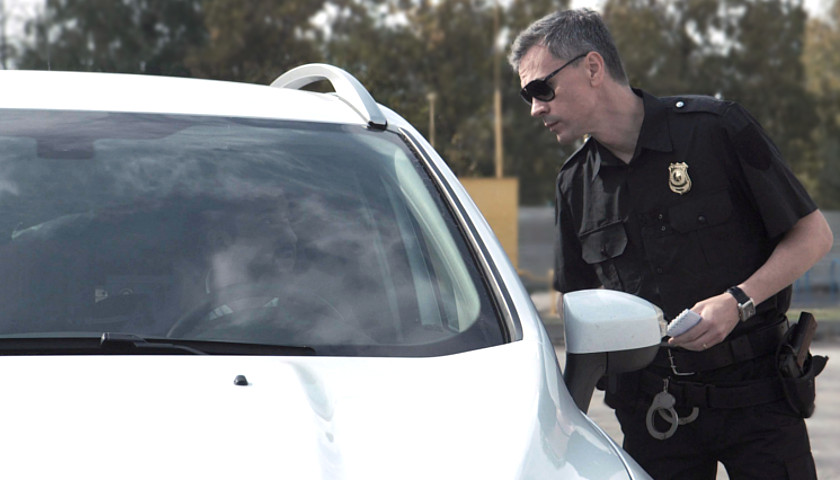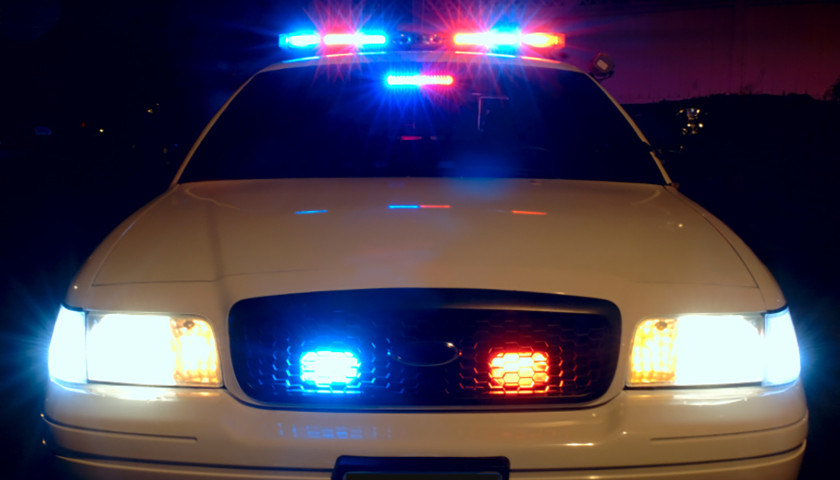This is the tenth of twenty-five weekly articles in The Tennessee Star’s Constitution Series. Students in grades 8 through 12 can sign up here to participate in The Tennessee Star’s Constitution Bee, which will be held on September 23. The Bill of Rights–the first ten amendments to the Constitution–were included in the original “covenant” that created the United States because many Americans feared that unless their individual rights were specifically articulated in our country’s founding documents they would be eventually be violated by those in power. The Fourth Amendment, in particular, offers protections to individuals against the police powers of the state: The right of the people to be secure in their persons, houses, papers, and effects, against unreasonable searches and seizures, shall not be violated, and no warrants shall issue, but upon probable cause, supported by oath or affirmation, and particularly describing the place to be searched, and the persons or things to be seized. Anyone who has watched one of the many police procedural dramas on television, like Law & Order, are very familiar with the two key elements of the amendment: (1) “The right of the people to be secure in their persons, houses, papers, and…
Read the full story

